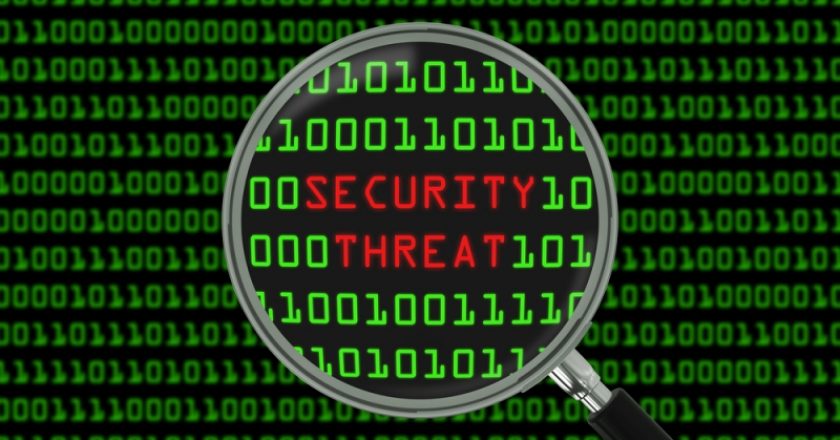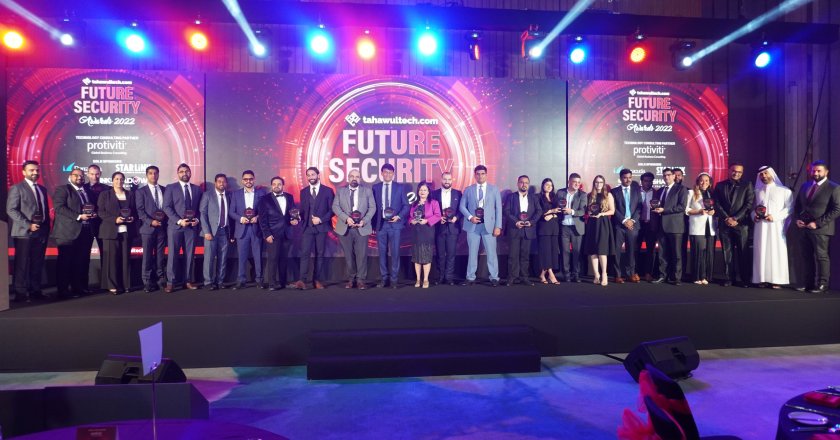ATM/PoS malware “recovers” from covid-19, with the number of attacks continuing to grow in 2022.


ATM/PoS malware “recovers” from covid-19, with the number of attacks continuing to grow in 2022.

Spammers employ Agent Tesla stealer in targeted email campaigns.

Veronica Martin caught up with Emad Haffar, Head of Technical Experts at Kaspersky, to discuss GITEX 2022 and the company’s …

#WorldFoodDay: Cyber threats to digital and smart farming pose potential risks to food security in the Middle East.

Amir Kanaan, Managing Director for the Middle East Turkey and Africa at Kaspersky outlines how their operations have evolved, the impact of threat intelligence and the importance of SOCs.

Amir Kanaan, Managing Director for the Middle East, Turkey and Africa at Kaspersky tells Anita Joseph why Threat Intelligence is essential …

Future Security Awards 2022 recognise businesses that have delivered ground-breaking business value through innovative application of security technologies.

Amir Kanaan, Managing Director for The Middle East, Turkey and Africa at Kaspersky Talks About Why Threat Intelligence is Essential …

By Hyther Nizam, President Middle East and Africa, Zoho Corp The pandemic has drastically changed the workplace as we know …

As we enter the first quarter of what is expected to be an eventful year, we bring you our pick …

Investments, streaming and a pandemic: how fraudsters used spam and phishing in 2021.

How to protect industrial security in the age of hybrid working.

Safe connection: how to digitally protect yourself on Valentine’s Day and beyond.

Anita Joseph, Editor, Reseller ME caught up with Saket Modi, Founder & CEO, Safe Security, to find out more about …

Kaspersky’s new Women in Tech report – women in tech face lockdown barriers to career progression.

Cybercriminals use new tactics to attack industrial organisations – all in a hunt for corporate credentials.

More than a third of clinicians in the META region have had their patients’ data compromised when conducting remote telehealth sessions.

BlueNoroff threat actor drains cryptocurrency startups’ accounts.

More than one third of employees feel more connected with colleagues while working remotely.

Senior IT Security Experts are less likely to be fired after cybersecurity breaches in 2021.